Track 1: Fuels, Combustion & Material Handling
This track covers advanced combustion systems and combustion issues such as combustion performance, burner design, modeling and research associated with solid, liquid, and gaseous fuels for improved performance and reduced emission.
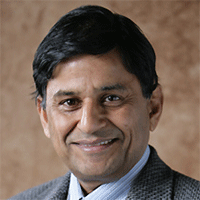
Dr. Ashwani Gupta
University of Maryland
Track Chair
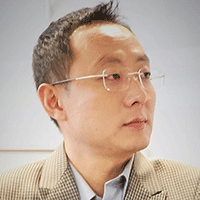
Dr. Jeongmin Ahn
Syracuse University
Track Co-Chair
Track 2: Combustion Turbine Combined Cycles
This track covers combustion turbine generators and combined cycle technologies. Topics included in this track are combustion turbine and combined cycle performance optimization and upgrades, operation and maintenance practices, advanced manufacturing processes, and combined cycle balance of plant considerations. This track also includes new and emerging combustion turbine and combined cycle technology solutions, best construction practices, and use of alternative fuels.
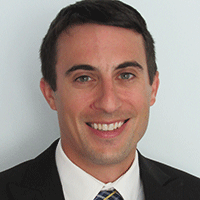
Jeff Cobb
Sargent & Lundy
Track Chair
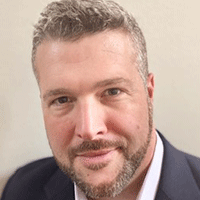
Nick Gritz
POWER Engineers
Track Co-Chair
Track 3: Boilers & Heat Recovery Steam Generators
This track covers topics on steam generators and heat recovery steam generation including design, operation, maintenance, performance. Environmental systems that are also incorporated will be addressed.
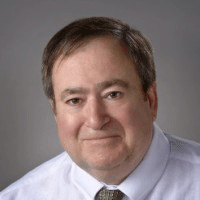
David Fitzgerald, P.E.
Retired
Track Chair
Track 4: Advanced Tools for Cyber-physical systems and Digital Twins
This track covers power plant modelling, improvement of power plant performance, and use of advanced tools for digitals twins and cyber-physical systems such as relates to diagnostic applications or innovative cycle.
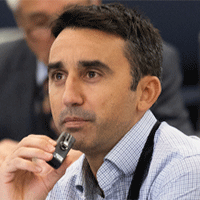
Paolo Pezzini
Ames La boratory, Department of Energy
Track Chair
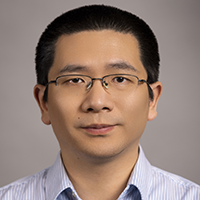
Biao Zhang
U.S. Department of Energy National Energy Technology Laboratory
Track Co-Chair
Track 5: Risk Management, Cyber Security and Safety
This track addresses specific topics regarding the management of risk to power plants, including probability assessments of equipment failure, general safety issues and cyber security.
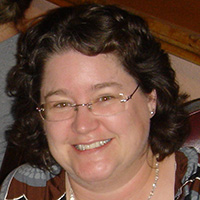
Tina Toburen
T2E3, Inc.
Track Chair
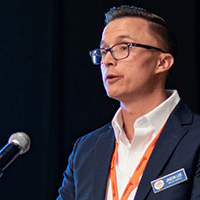
Jason Lee
Babcock Power
Track Co-Chair
Track 6: Plant Construction, Supply Chain Mgmt. & Economics
This track covers topics associated with power plant development and construction, applicable codes and standards and related economics. Technologies such as waste heat recovery from thermal plants and fossil and hydro power life extension are included. Modular construction and off-site fabrication and assembly techniques to ensure quality and reduce overall project costs are included.
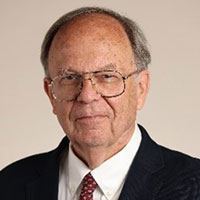
Frank Michell
Power Industry Consulting, LLC
Track Chair
Track 7: Renewable Energy Systems
The Renewable Energy Systems track covers the state of the art in renewable energy, for example, solar, wind, geothermal and biomass. Topics include developments and recent trends in energy conversion, grid optimization and energy storage, including hydrogen battery and thermal energy storage. Other areas of interest include renewable costs, transmission developments, resource availability, policy concerns as well as local and global regulations, both present and forecasted, regarding the state of renewable energy worldwide.
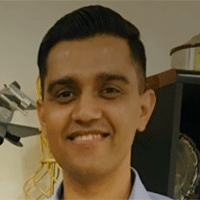
Gopal Singh
Siemens Gamesa Renewable Energy/University of Central Florida
Track Chair
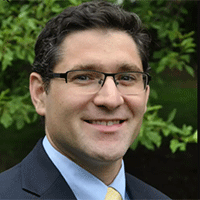
Anthony DiCarlo
MITRE Corporation
Track Co-Chair
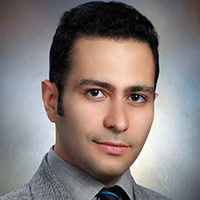
Navid Goudarzi
Cleveland State University
Track Co-Chair
Track 8: Power Plant Heat Exchangers & Cooling Technologies
The transfer of energy in the form of heat plays a major role in most power generation cycles. This energy transfer is accomplished through a type of equipment commonly known as heat exchangers. Heat exchangers are some of the key components found in all types of thermal power plants, including fossil, nuclear, solar, and geothermal plants, playing as vital a role as the boilers, steam generators, and turbine-generators in those processes. Heat exchangers come in a wide variety of configurations and designs, each specifically engineered to transfer heat between different substances, such as water or air, and at different conditions, such as at high or low temperatures and pressures. Some of the major types of heat exchangers commonly found in power plants include steam surface condensers, high pressure feedwater heaters, and cooling towers. Each of these specific types require precise knowledge and application of a variety of engineering disciplines, such as heat transfer, fluid flow, materials, and manufacturing, in order to design equipment that will provide years of efficient and reliable operation in a power plant. This track will cover issues related to the design, operation, and maintenance of existing power plant heat exchangers, as well as exciting new research into the future of these crucial pieces of the power generating process!
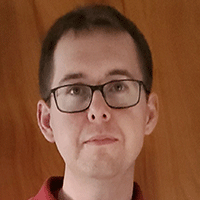
Andrew Rister
Duke Energy
Track Chair
Track 9: Steam Turbines, Generators and Auxiliaries
Topics for this track include Steam Turbine-Generators, Hydro Generators, Transformers, Switchgear, and Electric BOP & Auxiliaries. Discussion areas include operations (including flexibility), upgrades & refurbishments, maintenance issues & findings, major projects, and industry trends. This track usually draws upon industry subject matter experts to contribute technical tutorials, workshops, and panel discussions. Recent topics have been on equipment specific issues, heat rate improvement measures, and plant operational flexibility in the evolving energy mix.
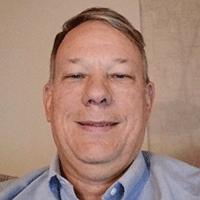
Steve Radke
Siemens Energy, Inc.
Track Chair
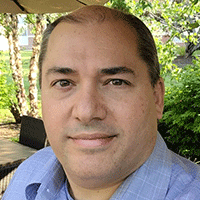
Davi Squaiella
Black & Veatch
Track Co-Chair
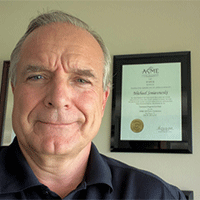
Mike Smiarowski
Siemens Energy, Inc.
Track Co-Chair
Track 10: Plant Performance and Operations
Plant Performance Issues, including: Operations, Maintenance, Aging Management, Reliability, Availability, Maintainability (RAM), Performance Testing, Performance Test Codes and Performance Monitoring

Ed Dundon
Dominion Energy
Track Chair
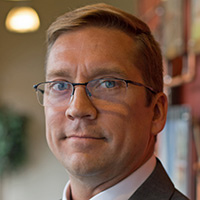
Brian Wodka
RMF Engineering
Track Co-Chair
Track 11: Robotics and Drones
Fossil, Nuclear, and other electric generation facilities can benefit by leveraging robotics and drone technology. Robotics and drone technologies enhance productivity of inspection and maintenance practices. Utilizing robotics and drones; particularly deployed in confined and other hazardous applications, improves safety and reduced inspection and maintenance costs. Included are the latest developments in robotic and drone technologies for non-destructive testing, case studies and best practices for data collection and processing.

Frank Michell
Power Industry Consulting, LLC
Track Chair

Navid Goudarzi
Cleveland State University
Track Co-Chair
Track 12: Hydraulics and Computational Fluid Dynamics and Data Analytics
Topics for this track include experimental and computational approaches to understanding thermal hydraulics, thermodynamics, heat transfer and fluid dynamics phenomena in the power industry and related applications. Technical papers and presentations will focus on identifying innovative technologies, research and design advances, and novel solutions. This track covers experimentation, advancement of theory, and development in computations for TH and CFD for multiphase flows, flows with and without particulates or noncondensable gasses, flows in porous media, flows through rotating machinery, flows around obstacles, and flows comprised of different fluids including water, air and many others. Some advances include novel application of existing techniques, others extend existing analysis methods, and still others involve emergent methods of analysis, such as artificial intelligence, machine learning, and data analytics.
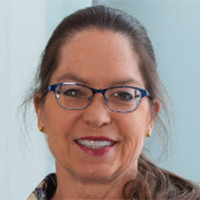
Donna Guillen
Idaho National Lab
Track Chair
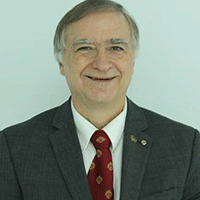
George Mesina
Idaho National Lab
Track Co-Chair
Track 13: Water Management, Beneficial Reuse, & Environmental Issues
Water management for power systems covers a broad array of activities and technologies at power plants, including cooling towers, water and wastewater treatment, and water reuse. Papers on this non-exclusive list of topics are sought for technical papers and presentations. In addition to accepting abstracts for general energy-water nexus topics, this track is specifically looking for papers on the topic of minimization of the use of fresh water for the cooling of thermal power plants and on treating effluent wastewater generated at power plants. Additionally, submissions are sought relevant to various environmental issues associated with power systems. These can include, but are not limited to, emissions (solid, liquid, or gas) control both within a stack or as a part of residuals from combustion or flue gas desulfurization processes.
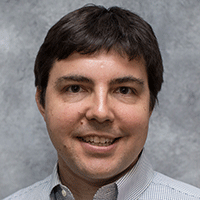
Nick Siefert
Department of Energy’s National Energy Technology Laboratory
Track Chair
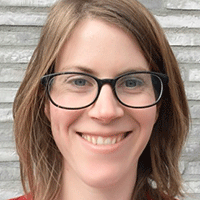
Heather Hunter
National Energy Technology Laboratory
Track Co-Chair
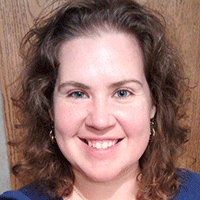
Jessica Mullen
Department of Energy’s National Energy Technology Laboratory
Track Co-Chair
Track 14: Nuclear Forum
The purpose of the Nuclear Forum is to bring a group of experts from industry, research and technical support organizations and academia to discuss current activities and technical challenges related to the nuclear energy field. The intent of Nuclear Forum topical sessions is to allow sharing of these experiences and their solutions by researchers, practicing engineers, technical support analysts, plant owners and operators worldwide. This in turn will expand international cooperation and understanding of the common issues facing nuclear plants. Papers related to Nuclear Engineering and Technology, and Radiation Sciences are sought. Topical sessions will consider operational, theoretical, experimental and numerical works including, but not limited to:
Plants, Operations, Maintenance, Safety and Security; Codes and Standards, Licensing and Regulatory Issues, Protection and Shielding, Materials & Structures: Modeling and Simulations: Computational Methods, Reactor Physics, Neutronics, Thermal-Hydraulics, Computational Fluid Dynamics, Advanced Reactor Concepts: Small Modular Nuclear Reactors, Research Reactors.
Dissemination of knowledge by presenting operating experience, research results, new developments, and novel concepts will serve as the foundation upon which the conference program of this area will be developed. A variety of topics/sessions are available for presentations as it allows flexibility to the authors.
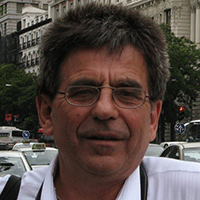
Jovica Riznic
Canadian Nuclear Safety Commission
Track Chair
Track 15: Student Competition
The purpose of this competition is to encourage active participation of students in the ASME Power Conference by submitting high quality technical papers on various aspects of Power Engineering. Students participating in this competition are required to make a presentation during a technical session dedicated to student papers, adressing various aspects of Power Engineering. This Competition seeks to promote the interaction of future engineers with practicing and experienced engineers and to help them establish mentoring and networking links with experts in their areas of interest.
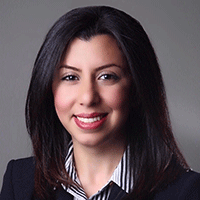
Sarvenaz Sobhansarbandi
University of Missouri-Kansas City
Track Chair
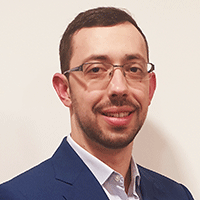
Andre Texiera
SDP
Track Co-Chair
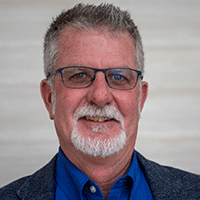
Steve Greco
Lectrodryer
Track Co-Chair